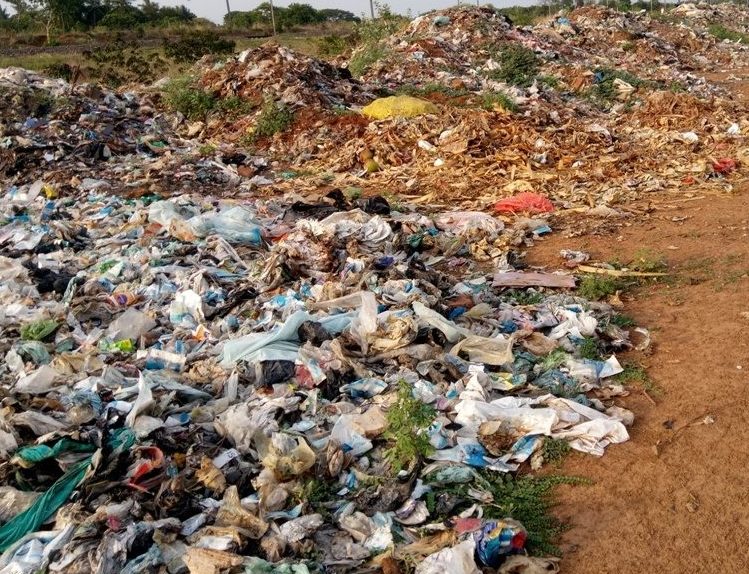Bhubaneswar: In a bid to extend the efficient waste management components to rural areas, the state government, Sunday, instructed Urban Local Bodies (ULBs) to provide their waste treatment and processing facilities to the nearest Gram Panchayats (GPs).
In a letter to all Collectors, Municipal Commissioners, Block Development Officers and other officials, DK Singh, Principal Secretary, instructed all ULBs to facilitate GPs within 20 kms of their radius with facilities such as Fecal Sludge Management (FSM), Material Recovery Facilities (MRFs) and Plastic Waste Management (PWM).
“Odisha has emerged as a leader in FSM in urban areas. Management of fecal sludge and plastic waste are key components in solid and liquid waste management in both rural and urban Odisha. Since creation of a separate facility in rural areas is not feasible due to scale and size, it has been decided to leverage these facilities (FSTP & MRF) in the ULBs to cater to the requirements of these areas,” the letter from Panchayati Raj department read.
The ULBs were also asked to identify the GPs within the decided radius and to categorise them into three groups of 10, 15 and 20 kilometres distance. The categorisation was made to fix user charges as per distance for usage of FSM plants.
The state government mentioned that for 3 KLD (Kilo Litre per Day) cesspool vehicle category, the GPs falling under 10 kms proximity will have to pay Rs 270 along with the base price of the cesspool inside the ULB. Meanwhile, GPs between 15 and 20 kms distance with the ULBs will have to pay Rs 450 and Rs 630 respectively along with the base price of the cesspool inside the ULB.
Similarly, for 1 KLD cesspool vehicles the rates have been set as Rs 180 plus the base price of the cesspool inside the ULB for GPs have 10 kms proximity with the ULB and Rs 270 and Rs 450 for GPs having distance of 15 and 20 kms respectively with the base price of the cesspool inside the ULB.
Moreover, suggesting on efficient plastic management, the state government said that the GPs are responsible to collect segregated dry waste and transport it to the MRFs to the tagged ULBs. While GPs were instructed to bear the cost of transportation of segregated dry waste to the MRFs, they are to maintain interim storage sheds during the time of transportation.
It can be mentioned that Odisha presently has 45 FSMs functioning in different ULBs and many others are under construction. Sources said that convergence on FSM has been initiated on a pilot basis in Balasore municipality, tagging nearby 90 GPs for availing facilities of fecal sludge management available with the ULB.
PNN

